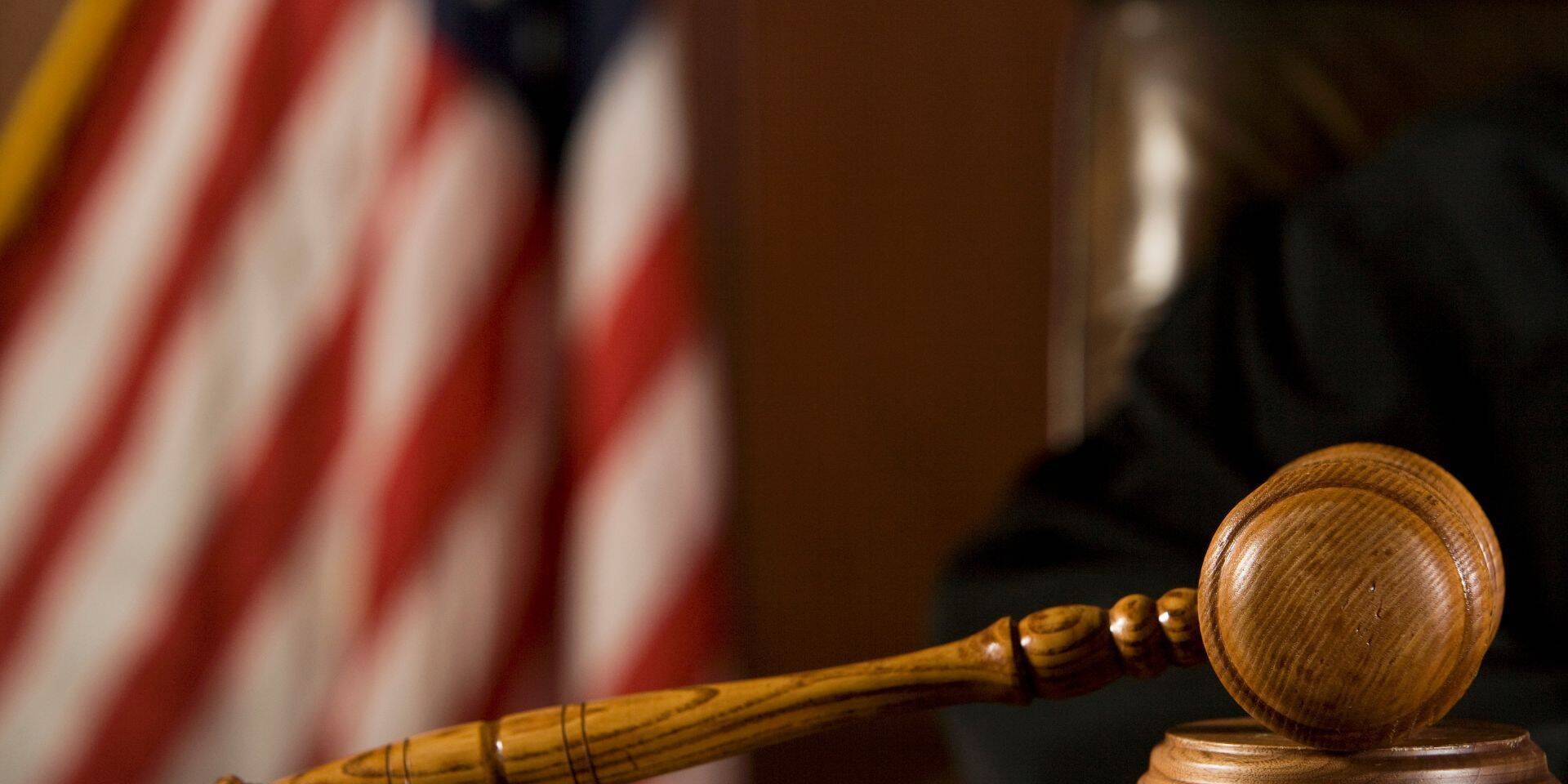As ILBSG is reporting, President Biden issued a proclamation suspending the entry of nonimmigrants from India, due to the recent surge in Covid-19 cases. This article provides a quick take of the exceptions most likely to benefit ILBSG clients that currently hold valid nonimmigrant status (including H-1B, L-1, O, P, E, etc.)
Certain Family Members of U.S. Citizens or Lawful Permanent Residents
The suspension does not apply to the spouses, parents, minor children, or siblings of U.S. citizens or lawful permanent residents, under most circumstances. For the parents of a U.S. citizen or lawful permanent resident child to be exempt, the child must be under the age of 21 and unmarried. For siblings of a U.S. citizen or lawful permanent resident to be exempt, both the sibling and the U.S citizen or lawful permanent resident must be unmarried and under the age of 21.
As such, if you are a nonimmigrant but you are the qualifying relative of a U.S. citizen or lawful permanent resident as described above, the travel suspension will not apply to you.
Travelers Seeking to Enter the U.S. to Provide Vital Support for Critical Infrastructure Sectors
Specific instructions may vary based on the U.S. Consulate, but in general “Critical Infrastructure” is defined by the Department of Homeland Security to include chemical, commercial facilities, communications, critical manufacturing, dams, defense industrial base, emergency services, energy, financial services, food and agriculture, government facilities, healthcare and public health, information technology; nuclear reactors, materials, and waste, transportation, and water and wastewater systems. Notably for our H-1B clients, information technology is considered a critical infrastructure sector. The challenge will be showing that the services the be provided qualify as “vital support.”
Beyond showing the intended travel is part of vital support for one of the critical infrastructure categories outlined above, those seeking a national interest exception must also show that their physical presence in the United States is essential to supporting the critical infrastructure sector itself. This will be interpreted narrowly, so national interest exceptions will not be easily obtained.
Based on what we have observed from previous travel suspensions from other countries, it is unlikely that senior executives and managers (typically those on L-1) traveling to observe operations, hold meetings, or otherwise supervise operations will be eligible for a national interest exception. These managerial or supervisory activities will not likely meet the “vital support” requirement and may be explicitly excluded as the Department of State provides further information.
Nonimmigrant Students in F1 or M1 Status with Academic Programs Starting August 1, 2021, or later.
The travel suspension does not include F-1 or M-1 students with academic programs starting August 1, 2021 or later. Further, current F-1 or M-1 students who have programs that are continuing in the fall, on August 1, 2021 or later, will similarly be exempt. Please note that an F-1 or M-1 student may not enter the U.S. earlier than 30 days before the program start date. While the Department of State has not formally clarified implications for OPT and STEM OPT students (whose program of study has already ended), it is likely that the above guidance will also apply to these individuals. This would mean if you are outside the U.S. with an F-1 visa and OPT/STEM OPT authorization, you likely cannot return to the U.S. until August 1, 2021 or later. We will immediately update our clients when formal guidance is provided by the Department of State regarding optional practical training.
With limited consulate activities due to the pandemic, it is important that foreign students closely monitor their individual situations and plan accordingly. Even with an approved F-1 or M-1 application, the visa must still be processed by a U.S. consulate office in order to travel to the U.S., which could present additional challenges. As we have seen over the last year, even without a travel suspension in place, consulate closures are unpredictable and this can cause major delays in visa processing. Individuals seeking to enter the U.S. in the fall on F-1 or M-1 status will need to be diligent and proactive about obtaining a visa appointment for stamping. India is currently only accepting emergency appointments, which can be scheduled online here.
ILBSG is monitoring this development closely and will keep clients updated as we have more information regarding possible exemptions for affected nonimmigrant categories. If you have questions about any of the above or your own specific situation, contact us at ILBSG. We work with you to make sure you get the right advice.
Related Posts
May 16, 2025
Warrantless Phone Searches Not Authorized at All Airports
CBP can't conduct warrantless phone…
May 15, 2025
Federal Judge Denies Granting Nationwide Relief for F-1 Visa Students
A federal judge placed an injunction on…



